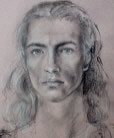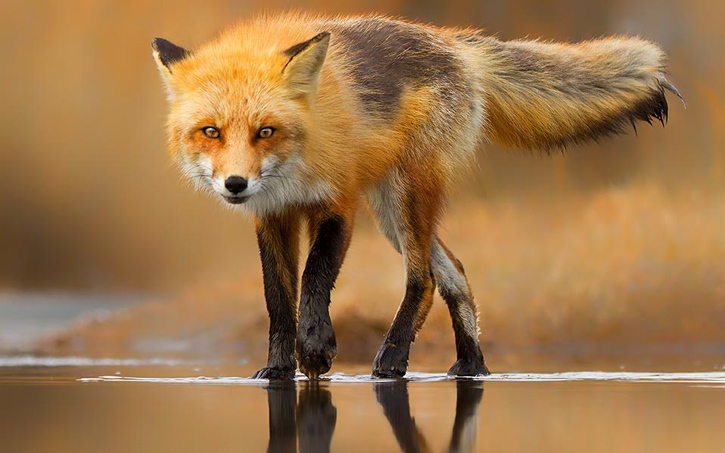Forum
Welcome Guest |
|
|---|---|
 Author Author |
Topic: |
|---|
| LOTR_obsessed_loony |
|
||||||||
| Dolwen |
|
||||||||
| cirdaneth |
|
||||||||
| GlörfindelTelesunda |
|
||||||||
| cirdaneth |
|
||||||||
| PotbellyHairyfoot |
|
||||||||
| cirdaneth |
|
||||||||
| cirdaneth |
|
||||||||
| Ireth_Telrunya |
|
||||||||
| Lindarielwen |
|
||||||||
| Elthir |
|
||||||||
| Lindarielwen |
|
||||||||
| Elthir |
|
||||||||
| Elfeawen Lomiondil |
|
||||||||
| cirdaneth |
|
||||||||
| Gandolorin |
|
||||||||
| Ireth_Telrunya |
|
||||||||
| Gandolorin |
|
||||||||
| Elfeawen Lomiondil |
|
||||||||
| Gandolorin |
|
||||||||
| Elthir |
|
||||||||
| Gandolorin | |||||||||
| Elfeawen Lomiondil |
|
||||||||
| Elthir |
|
||||||||
| Members Online |









 RE: When an Elf and a mortal marry?
RE: When an Elf and a mortal marry?









 My destiny is riding again, rolling in the rain, unwinding in the wind. My destiny is fighting again, secretly unwinding..what it was I was supposed to say...to say to you today.
My destiny is riding again, rolling in the rain, unwinding in the wind. My destiny is fighting again, secretly unwinding..what it was I was supposed to say...to say to you today.





